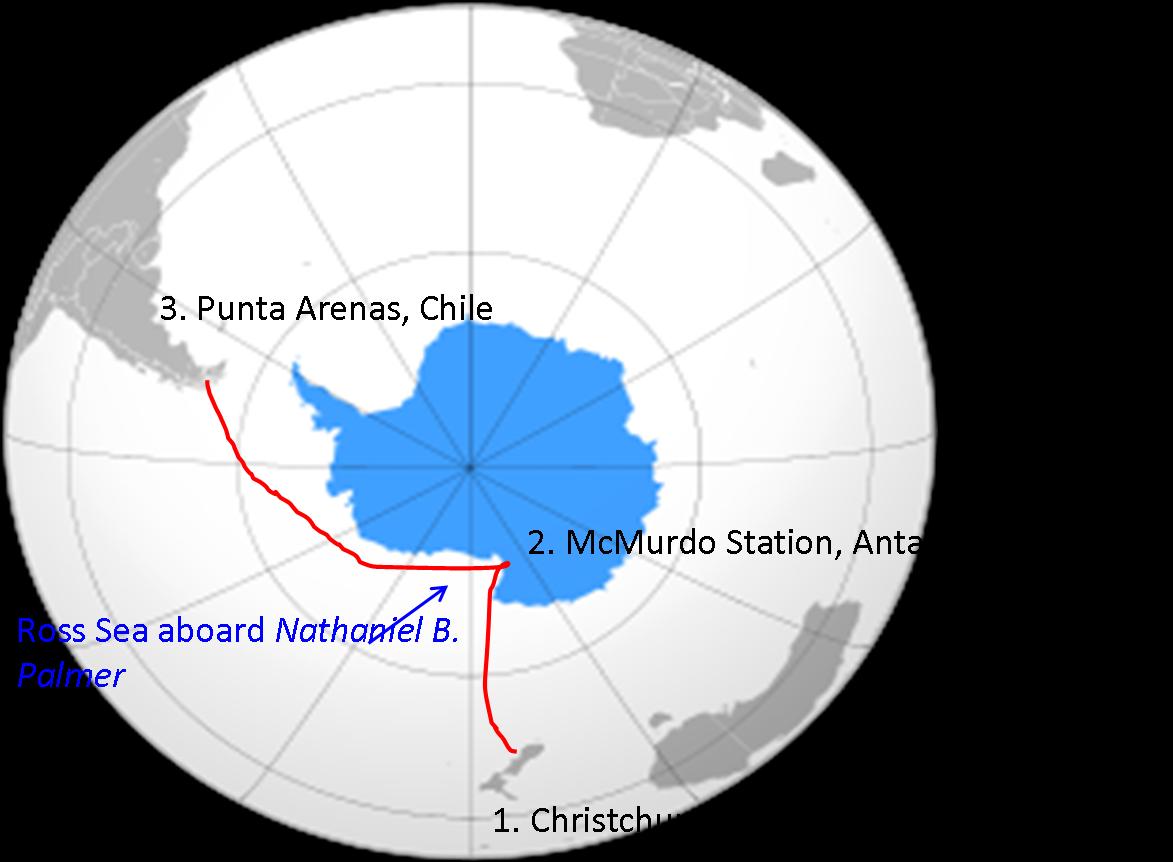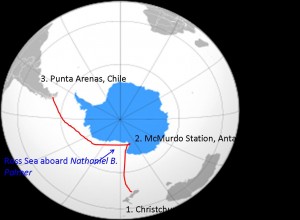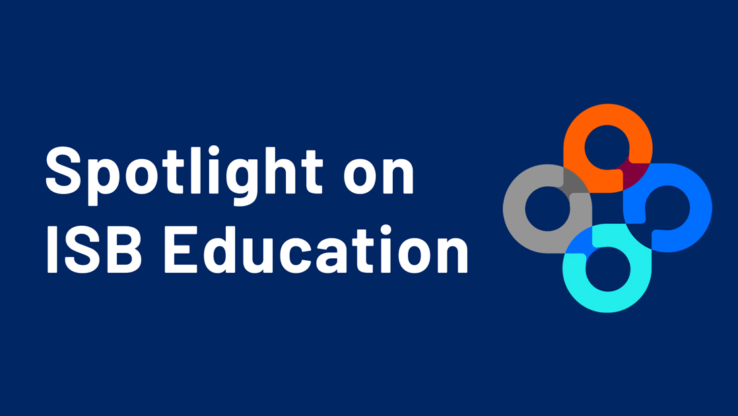ISB in Antarctica: An Epic Journey Begins
 isbscience.org/news/2013/02/02/isb-in-antarctica-an-epic-journey-begins/
isbscience.org/news/2013/02/02/isb-in-antarctica-an-epic-journey-begins/
LAB NOTEBOOK
By Allison Lee, ISB Research Associate
In a collaborative research effort, chief scientist Dennis Hansell invited four co-chief scientists (Alexander Bochdansky, Jack DiTullio, Rob Dunbar, and ISB’s Mónica Orellana) to be part of a grant looking at the origination, utilization, and movement of carbon in the oceans, specifically the Ross Sea. The National Science Foundation funded the grant and it has been dubbed TRACERS which encompasses the objective of the research: TRacing the Fate of Algal Carbon Export in the Ross Sea.

On Feb. 7, we will fly from Christchurch, New Zealand to McMurdo Station, Antarctica. On Feb. 12, we will board the research vessel icebreaker (or RVIB) Nathaniel B. Palmer and depart McMurdo Sound to spend 53 days at sea sampling seawater in the Ross Sea. Each scientist has a different research focus and will be carrying out a unique assortment of measurements, collections, and experiments while aboard. In addition to studying the algae and carbon of the sea, we will also have the opportunity to help Dr. Jerry Kooyman (Scripps Institution of Oceanography) tag emperor penguins (Aptenodytes forsteri) for the study on their molting patterns and behavior. The cruise will end in Punta Arenas, Chile on April 5th.




